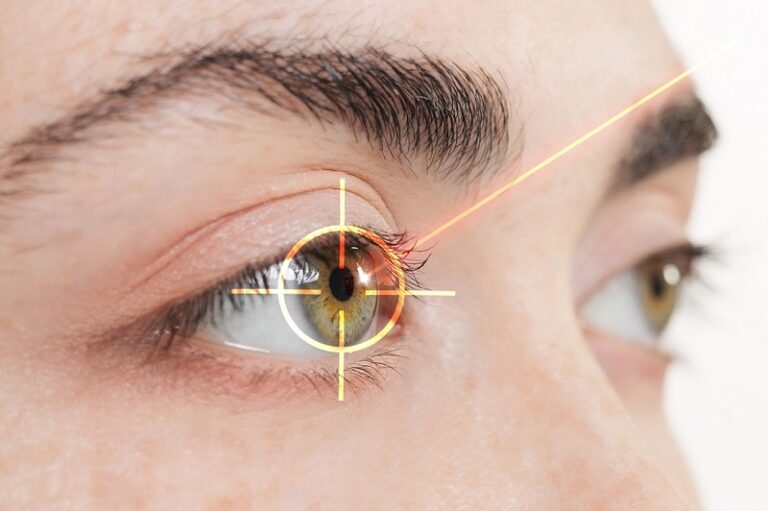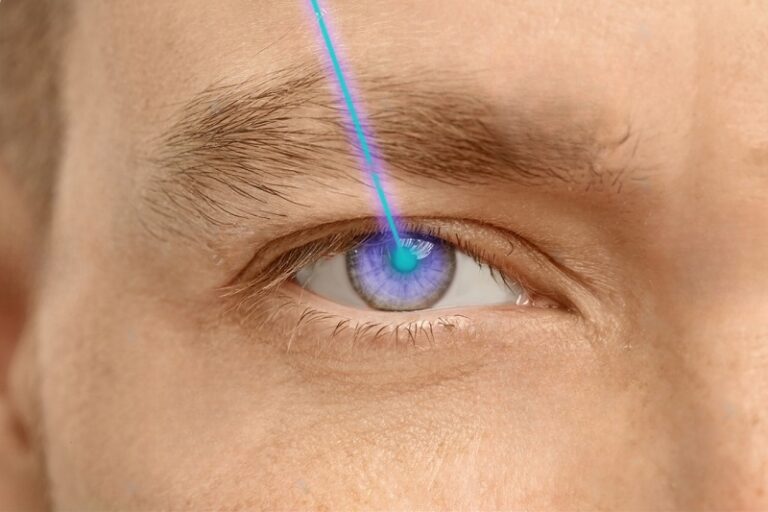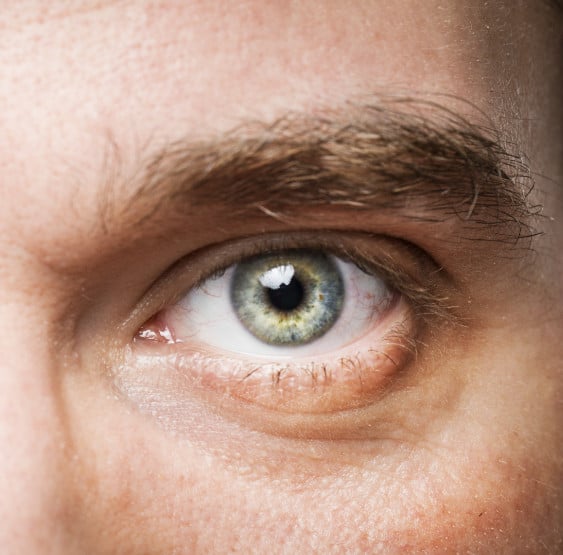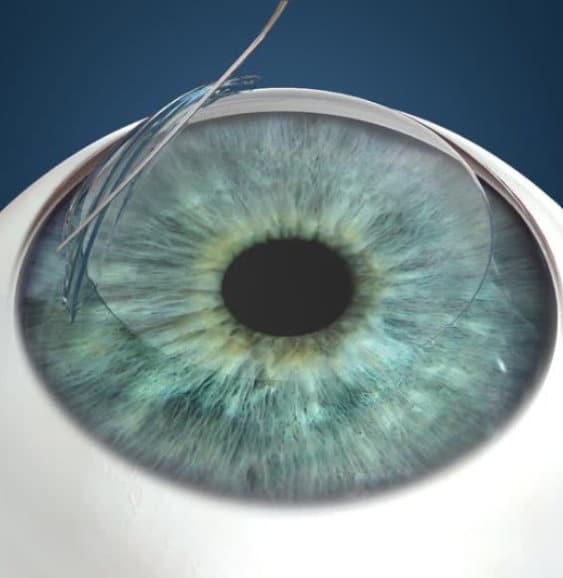Am I a Candidate for Vision Correction Surgery?
If you wear glasses or contact lenses to correct vision problems, you might be a good candidate for a procedure that can significantly improve your vision. Visionmax provides an extensive range of vision correction surgery options to offer this life-changing procedure to more people.
What is Vision Correction Surgery?
Vision correction surgery uses lasers to correct refractive errors. You have a refractive error if the light entering your eye does not focus correctly on the retina. Glasses and contacts change the angle of incoming light so it focuses better. Vision correction surgery changes the shape of the cornea, the clear structure at the front of the eye. These changes improve your vision enough to reduce or eliminate your need for corrective lenses.

How Does Vision Correction Surgery Work?
All forms of laser vision correction use a laser to remove microscopic layers of the cornea to achieve the desired shape. Excimer and femtosecond lasers may be used, depending on the procedure. The procedures differ in how your surgeon accesses and shapes the cornea. Dr. Senekal will select the best type of vision correction based on factors such as your eye health and lifestyle.
Am I a Candidate for Vision Correction Surgery?
Each type of vision correction surgery offers different benefits. Most people make good candidates for at least one type. Only a consultation and assessment can determine which one Dr. Senekal will recommend.
LASIK
While LASIK is the most widely known vision correction surgery, it is not right for everyone. LASIK creates a flap in the corneal epithelium. Good candidates for LASIK have normal corneas and do not engage in combat sports or other activities that could dislodge the flap. Individuals with thin or misshapen corneas or chronic dry eye are not typically good candidates.
SMILE
Many people who cannot have LASIK make good candidates for SMILE. This procedure creates a much smaller opening in the cornea, making it appropriate for those with thinner corneas. It also has less risk of exacerbating dry eye syndrome and makes a better option than LASIK for those at risk of damaging the corneal flap.
PRK
PRK has more recovery time than other procedures but may work for people who cannot have LASIK or SMILE. PRK removes the corneal epithelium, the cornea’s outer layer, which will regrow over time. People with corneal issues can even have PRK XTRA to cross-link and strengthen the corneal tissue.
PRESBYOND®
PRESBYOND® is often recommended to treat presbyopia. This common condition affects everyone with natural lenses over the age of 40. PRESBYOND® uses lasers to reshape the cornea in each eye, creating improved vision at different distances. Presbyopia is also treatable with RLE or monovision SMILE procedures.
Request a Consultation
We’d love to help you get all the information you need in order to make the best choice for your eyes. Request a consultation today! Our staff is available and happy to answer your every question.
What is Recovery Like After Vision Correction Surgery?
Recovery after vision correction depends on the type of procedure. LASIK and SMILE have minimal downtime, with most people returning to their usual activities within days. PRK requires more recovery time as the corneal epithelium grows back. Dr. Senekal will explain exactly what you can expect after your procedure.
Take the Next Step
To learn more about vision correction surgery, please schedule your consultation by either filling out the form on this page or by calling (780) 452-4111. We look forward to helping you!





